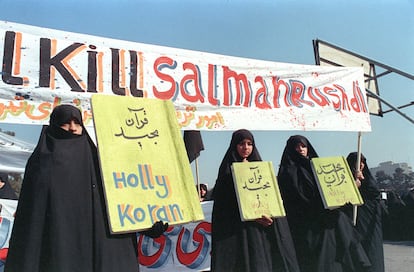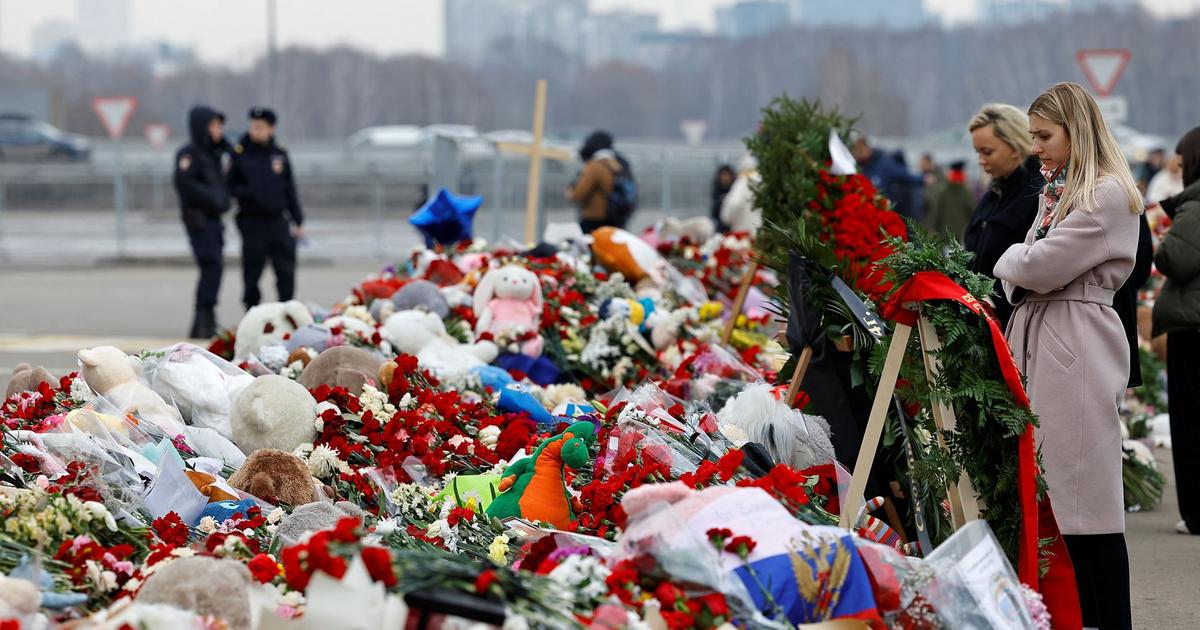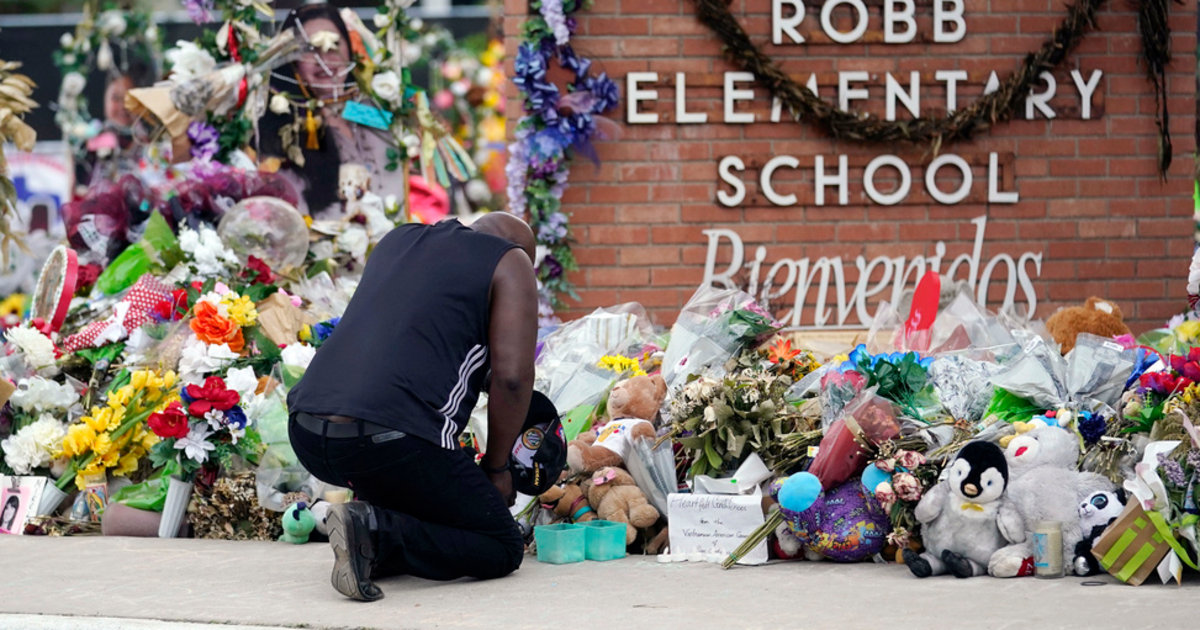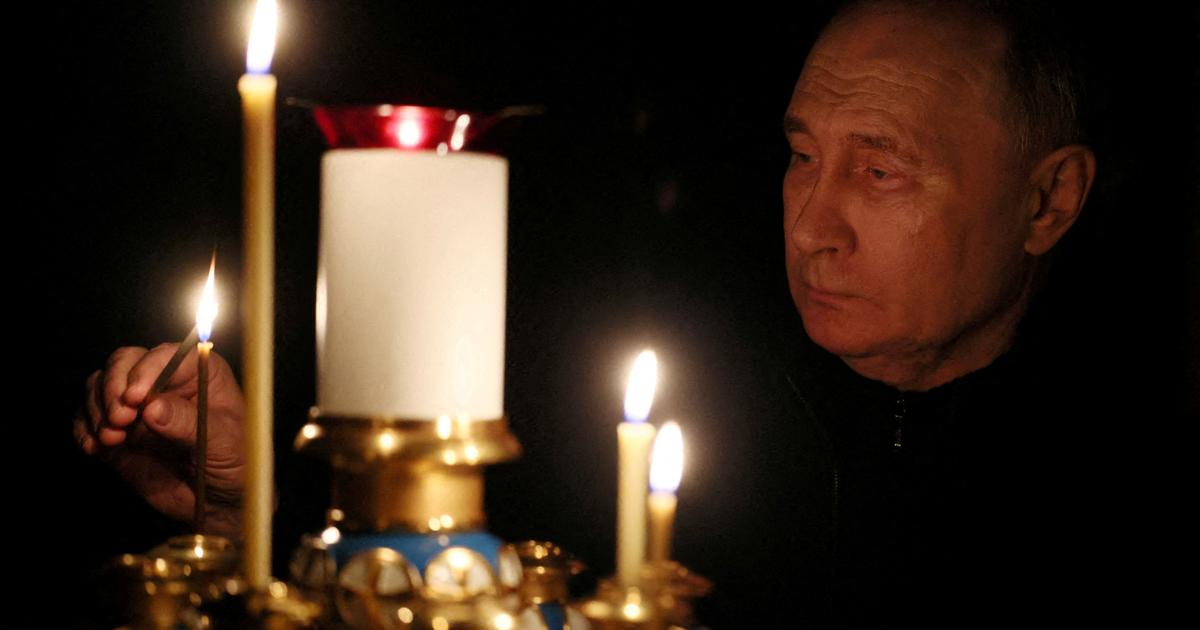When, almost 13 years ago, I was summoned together with Salman Rushdie to the Nobel Academy in Stockholm, he told me publicly: “You will be blamed for not being dead”.
I couldn't fully understand this sentence.
I understood, of course, its logical meaning, I intuited its symbolic significance.
I also understood that he was referring to the mistrust of the media that is generated when a death sentence hangs over someone, but the condemned person continues to live.
However, he had not fully understood it.
It took years, delegitimization, isolation and pain to understand what he was telling me.
Rushdie meant: don't live as if you've already been killed, don't force yourself to feel guilty for not being dead, don't become a martyr who has been saved.
More information
Follow here the last hour of the attack on Salman Rushdie
This is how Rushdie resists the persecution to which he has been subjected for 30 years.
The stabs that have severed the flesh of Salman Rushdie have struck a free man.
He decided to fight against Islamic fanaticism not with proclamations or libels, but by choosing to live a fanatical love for life and freedom.
After a few early years in which he literally disappeared into a bubble of total protection, constantly changing addresses, living among police and armored cars, Salman decided to get his life back.
And how did he get it?
Literally escaping from the policemen who protected him and avoiding any request to comment on events of Islamic terrorism or religious fanaticism.
The fatwa had forced him to live with the obsession with death, people were afraid to go to any of his events, but, above all,
They were taking away what counts most for a writer: his view of the world, the language with which to tell and invent it.
So she decided to come back to life.
His vital fanaticism was fed by meetings, dinners, the joy of literary debates.
Rushdie also knew how to free himself from the weight of having to be the symbol of the fight against Islamism, of the free world against the fanatics of the regime.
Italian writer Roberto Saviano (left) with Salman Rushdie in Stockholm in November 2008, when they met.
CLAUDIO BRESCIANI (AFP)
He chose not to be condemned to be the same as himself, to write only what was expected of him.
He has written novels set in the Renaissance, futuristic stories about New York families devastated by power and ambition, stories about mythical characters in satirical, mythological and surreal plots, fairy tales.
He has gone on television, to the theater, has participated in music videos and movies.
Rushdie was saved by literature, that is, by practicing the world of the possible, creating worlds, probing relationships, becoming himself: a man who experiences life and not a martyr.
He did not allow himself to be conditioned by the declarations of a dying Khomeini, nor terrified by the supposed millionaire reward that some self-proclaimed organizations close to the Tehran regime promised whoever attacked him.
This cost him a lot in terms of credibility and attacks from the community of journalists and writers willing to read anything that happens to an author based on the effect it has on sales and fame: “But how is it possible ?
all the
umma
wants to kill you and you go to a party?”, or “here is the smartass who uses the chase to seduce beautiful women”, or even by directly by companions: “You should take a bouquet of flowers to the tomb of Khomeini, which is the one that has made you so famous;
no one would have bought your incomprehensible books.”
These are the phrases he was referring to in Stockholm;
Salman has never felt guilty about being alive.
Rushdie chooses to ignore, to leave in the sewer of defamation the constant suspicion that everything was false, exaggerated, because a death row inmate could not live such a free, libertine and intense life and even try to have fun.
A group of Iranian women demonstrated in February 1989 in Tehran against Salman Rushdie and calling for his death after Khomeini's fatwa.
NORBERT SCHILLER (AFP)
He decided to determine for himself the perimeter of what he was, without allowing it to be drawn by religious fanaticism, which used Rushdie's condemnation to condemn all intellectuals of Islamic origin who did not defend the Iranian regime.
Using the fatwa to send a clear message: for them, free Islamic writers should not be listened to, should not be read, and in fact, as you can see, they "insult the Koran, dirty the prophet, bring shame to our house."
Rushdie and
The Satanic Verses
are used to create a front of attack and delegitimization: whoever does not defend the regime does not belong to the community.
It is the official declaration of war against any type of dialogue with the intellectual world of the Islamic formation and they do it by disguising it as a theological argument.
Writers who do not defend the regime are not debated, they are condemned.
Salman Rushdie did not imagine that this could happen;
his writing is imaginative, the fanciful plot is just a scenario in which events of all kinds then happen that just follow the flow of his writing.
My first thought, knowing that he had been stabbed, was not like that of many other friends, who condemned Salman's choice not to have an escort, because if he had been protected it would not have happened, but instead I thought of his Courage to live life fully.
And the wound of this dagger is the pain of a moment in the face of years of life that managed to avoid the condemnation of fanaticism and the threats of religious fanatics.
Salman has already won, the fanatical love of life has managed to push back the fanaticism of death that he wanted to lock him up, prudently and silently equal to himself.
Whatever happens, this is the ultimate truth of his triumph.
Translation of
News Clips
.
Roberto Saviano
is a journalist, writer and essayist, author, among others, of
Gomorra
and
CeroCeroCero
.
Follow all the international information on
and
, or in
our weekly newsletter
.
50% off
Subscribe to continue reading
read without limits
Keep reading
I'm already a subscriber














